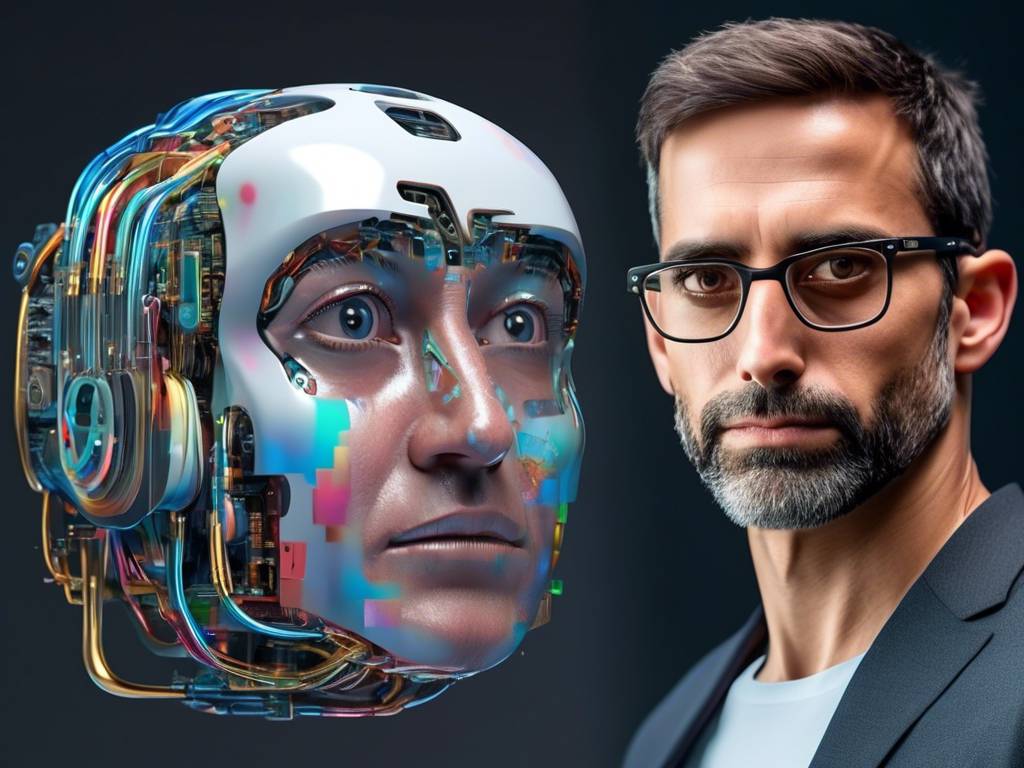Google CEO Admits Unacceptable Failures in AI Technology
Alphabet Inc.’s Sundar Pichai recently sent out an email to address the disappointing outcomes stemming from Google’s Gemini AI engine. The CEO acknowledged the failures of the AI-powered image generation feature as “completely unacceptable.” He assured staff members that structural changes would be made to prevent similar incidents in the future, emphasizing the importance of delivering unbiased and accurate information.
The Challenge of Implicit Bias in AI Technology
When analyzing this situation, it’s crucial to distinguish between a regrettable mistake and an accident. The issues that arose with Google’s AI technology suggest a deeper underlying problem related to implicit biases within the data sets being used. It raises questions about how these biases can impact societal norms and how content providers like Google can effectively address them.
- Can you reverse the negative impact once it’s been released to the public?
- How will Washington, DC respond to the calls for action?
The Role of Regulation and Market Dynamics
Some individuals have called for regulatory intervention in response to the issues with Google’s AI technology. However, relying solely on regulators may not be the most effective solution, as regulators can be slow to respond to rapidly evolving technological challenges. In this case, market forces played a significant role in prompting Google to make necessary changes in response to consumer feedback.
- Is it preferable for market forces to drive change in these situations?
- How can regulators keep up with rapidly evolving technology?
Hot Take: The Future of AI Technology
The incident involving Google’s AI failures serves as a reminder of the complexities and challenges associated with developing and deploying AI technologies. It highlights the need for continuous innovation, oversight, and accountability in the AI space to ensure that these technologies serve the best interests of users and society as a whole.





 By
By
 By
By

 By
By

 By
By